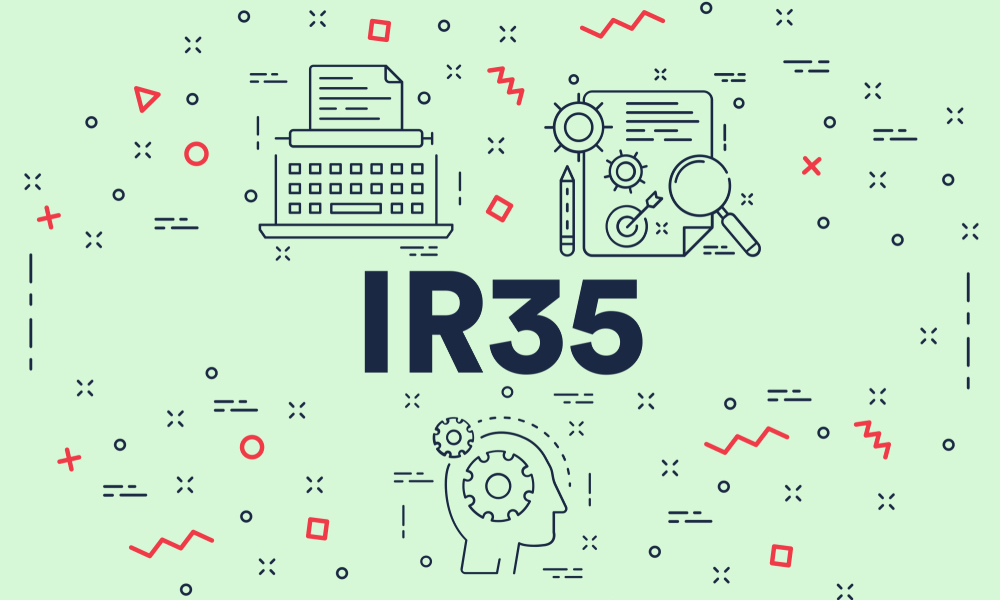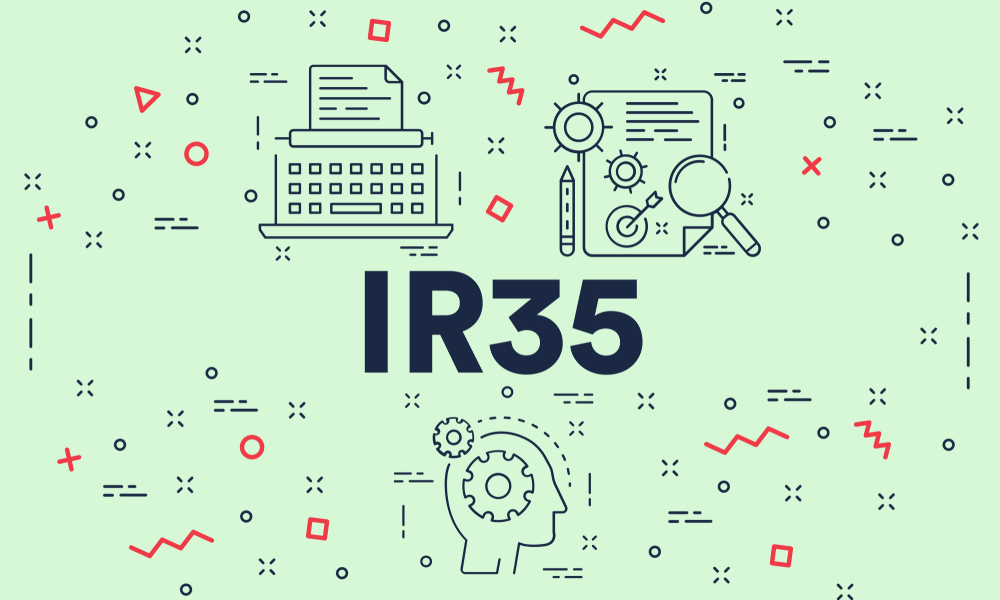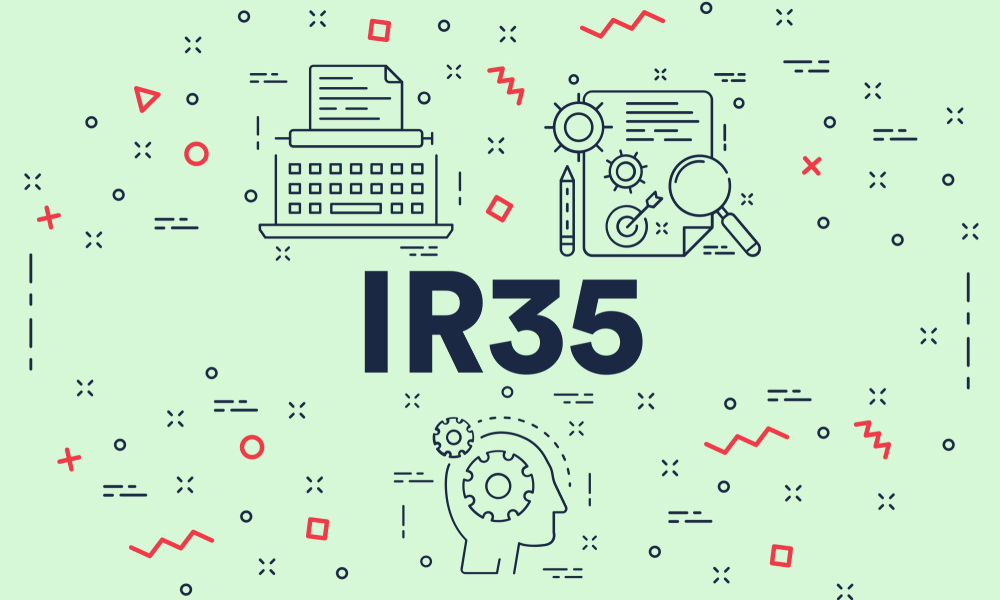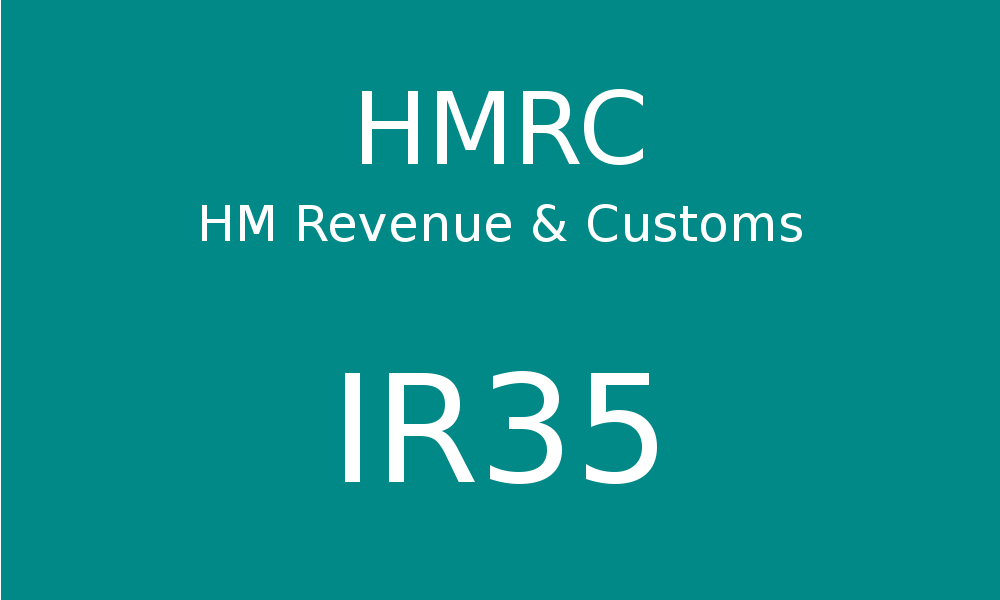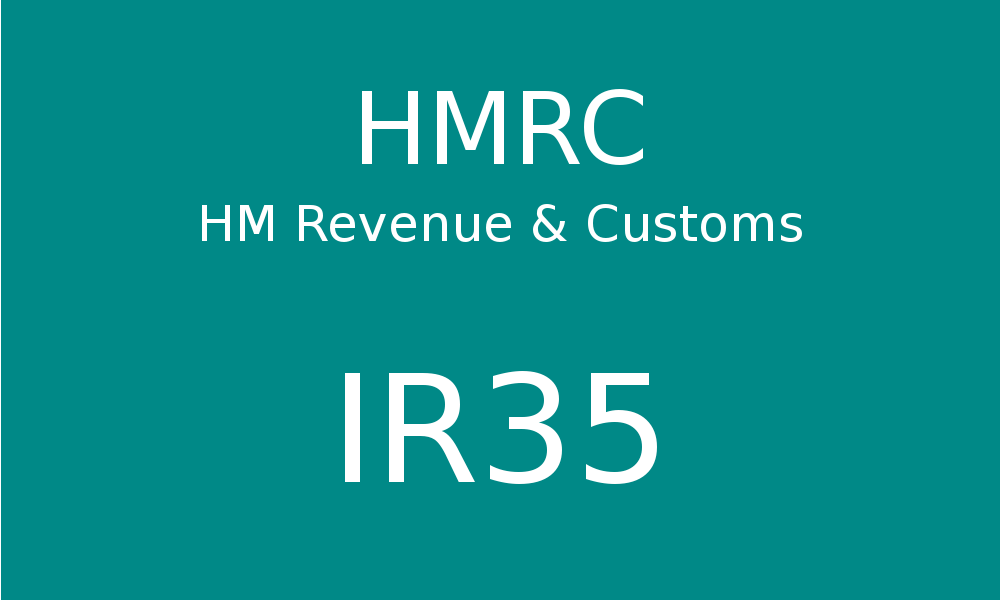What is IR35? And why it matters
IR35 has been around for a while, although it has been known by other names, including the ‘intermediaries legislation’ and ‘off-payroll working’.
IR35 is anti-avoidance legislation that looks to tackle the issue of ‘disguised employment’. In practice, this means that IR35 is targeted at individuals who contract with a client indirectly through what’s called an ‘intermediary’ in order to gain income tax and national insurance advantages. The intermediary is normally a company.
The IR35 legislation ignores the existence of the intermediary and looks at the nature of the working relationship between the contractor and their client to see if it is indicative of employment. If it is, the contractor is taxed in a way that puts them in a similar position to an employee who works directly for the client.

Who does IR35 impact?
IR35 is not only an issue for contractors and freelancers.
IR35 has the potential to impact all areas of an organisation’s labour supply chain, from recruitment agencies to an organisation’s HR, finance and payroll departments.
Because of this, it’s important to know when IR35 may apply, and what it means for both contractors and engagers when it does.
Does IR35 apply to me?
In short, IR35 should be considered in cases where:
- A contractor engages with a client through an intermediary, such as a Personal Service Company (PSC)
- An agency or organisations contracts with a worker through that worker’s PSC or equivalent
IR35 does not apply in cases where an individual is:
- An employee
- A contractor or freelancer who engages directly with a client
What are the signs of an IR35 contract?
There are no set features of a contract that mean IR35 will or won’t apply. Instead, the contract and the practical working relationship between the contractor and engager are considered in the round. Factors considered as part of an IR35 review can include:
- Mutuality of obligation
- How much control a client has over a contractor’s work
- Whether the contractor has the right to provide a substitute
- Whether the contractor provides his own equipment
- If a contractor is ‘part and parcel’ of a client’s organisation
- If a contractor is subject to financial risk
- If a client provides benefits to a contractor, such as holiday and sick pay
Some factors, such as a high degree of control, are indicative of an employment relationship. Others, such as the right to provide a substitute, are more indicative that IR35 does not apply.

Who decides if IR35 applies?
The responsibility for determining whether a contractor is deemed ‘inside’ the IR35 legislation depends on the sector in which the organisation hiring the contractor operates.
Private sector contracts
Currently, responsibility for determining IR35 status falls to the contractor (or, more specifically, the contractor’s company).
However, from 6 April 2021, medium and large private sector organisations will take over the responsibility of determining IR35 status.
Where a contractor provides services to a small client, responsibility for deciding IR35 status will continue to remain with the contractor’s company.
Public sector contracts
You should not have to give HMRC information that it already has or can obtain elsewhere. You will be able to use AccountsPortal to check the information that HMRC holds about your business at any time to ensure that it is complete and correct.
How Does IR35 Affect Me?
That means any freelancers that work directly for a client don’t need to worry about IR35. Those that do need to think about IR35 should be aware of the basic hallmarks of a freelance IR35 engagement, and know about their tax obligations if a contract is deemed within IR35. Your tax adviser can help in such cases.
Public sector clients – organisations should determine if they have engaged IR35 freelancers (i.e. if a contract falls within the IR35 legislation) and calculate a deemed payment where necessary.
Private sector clients – for now, nothing new needs to be done for contractors who work for private sector clients when it comes to processing contractor payments, as the contractor’s company is still responsible for determining IR35 status. You can continue using your chosen payroll software to process payments as usual.
Where private sector contracts are expected beyond 6 April 2021 and the end client is medium or large, agencies and clients hiring contractors need to be aware of which contracts are likely to fall within the IR35 legislation. Status Determination Statements should be sent to contractors, and deemed payments will need to be calculated and paid to the relevant contractors once the new changes are in effect.
Similarly, small private sector clients, and any agencies working for them, should be aware of their exemption from the April 2021 changes.
However, the IR35 legislation is notoriously complex. HMRC has both won and lost in the courts in IR35 cases in recent years.
Those that find themselves within the IR35 legislation, or think that it might apply to them, should speak with their accountant or tax adviser in the first instance for specialist advice as to whether IR35 is in scope for any contracts. Some advisers specialise in IR35 and freelancers.
Equally, if you want to ensure IR35 doesn’t apply, there are other options that an adviser can discuss with you, including direct employment with a client, working through an umbrella company, or potentially changing working arrangements.

